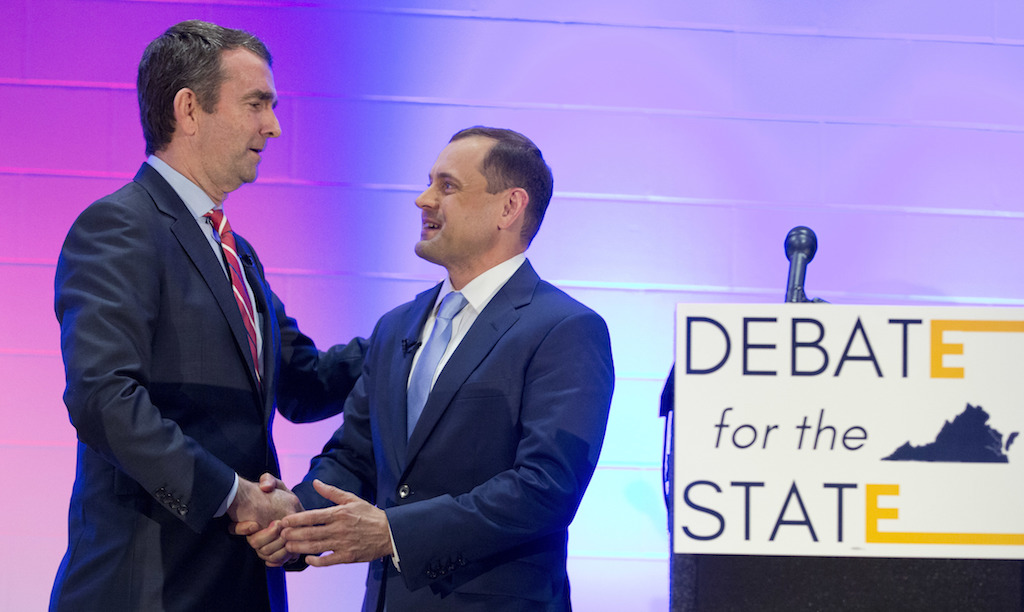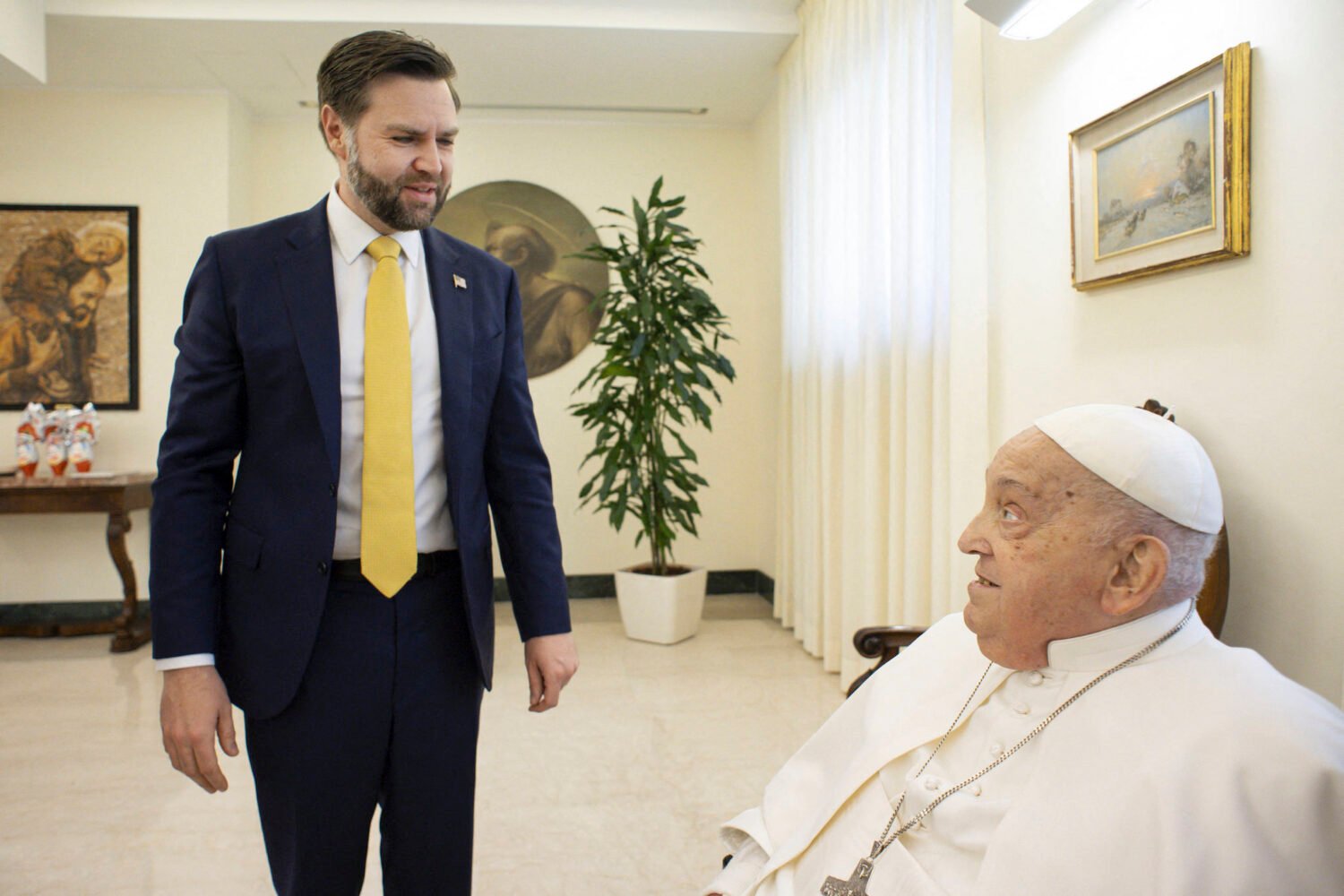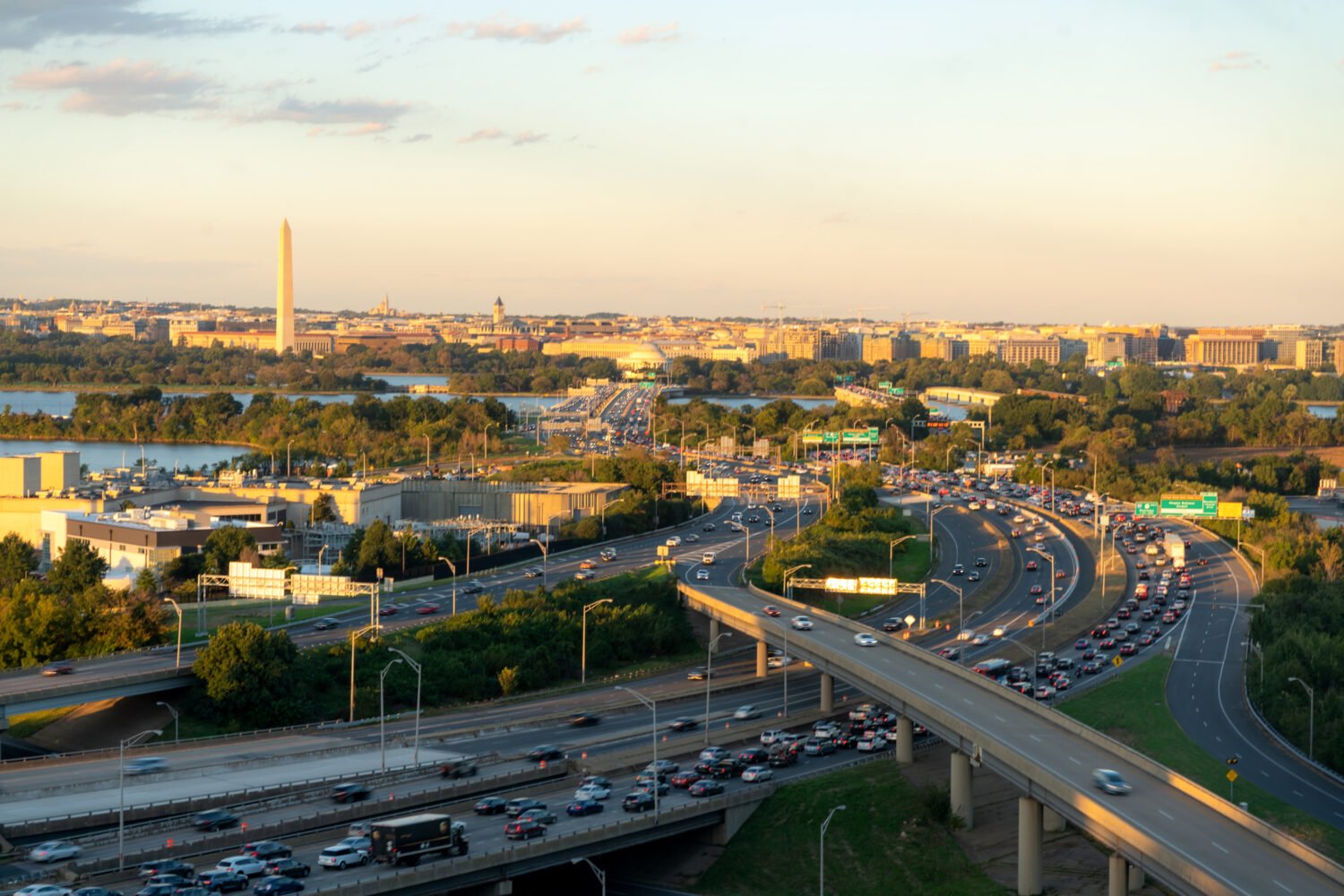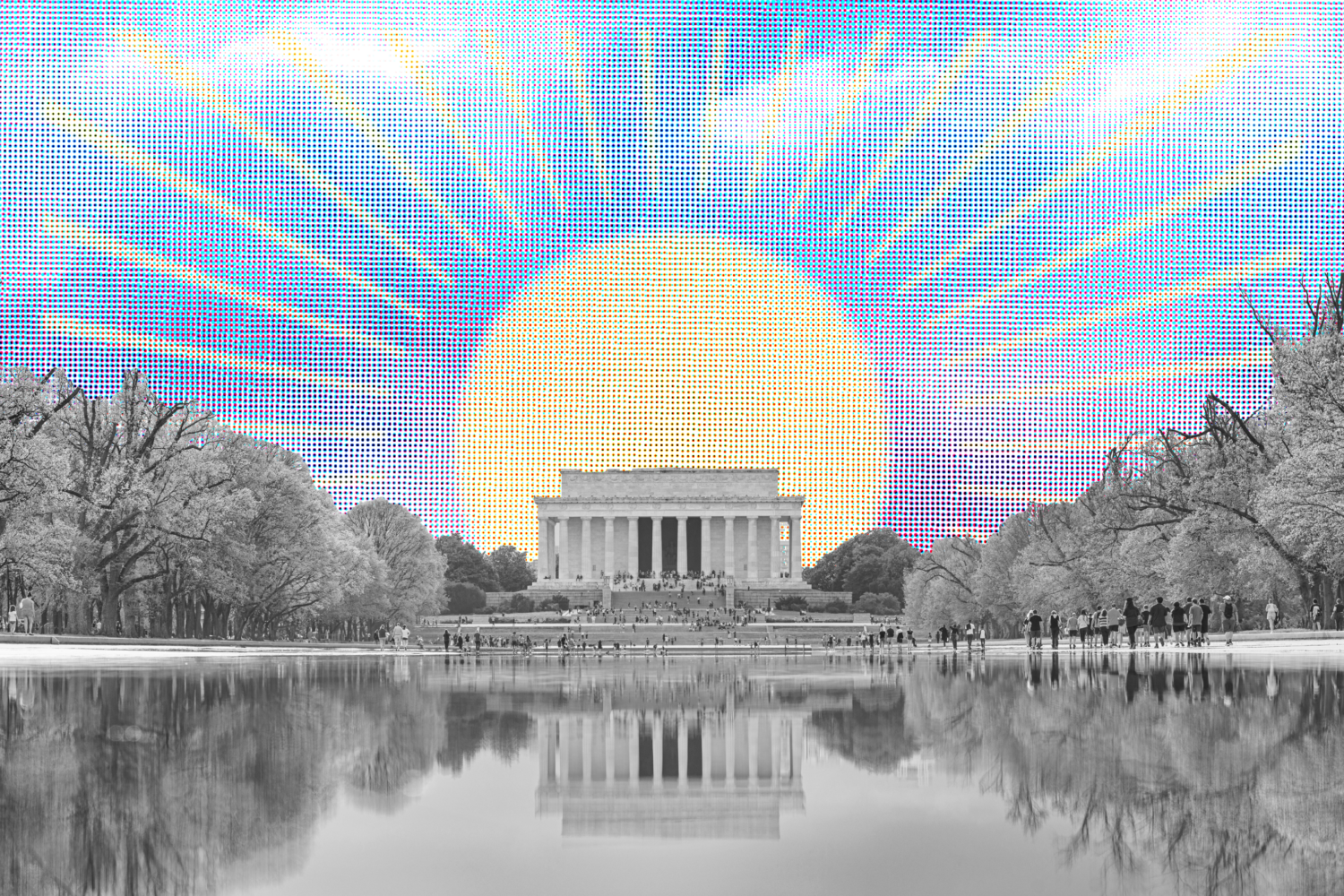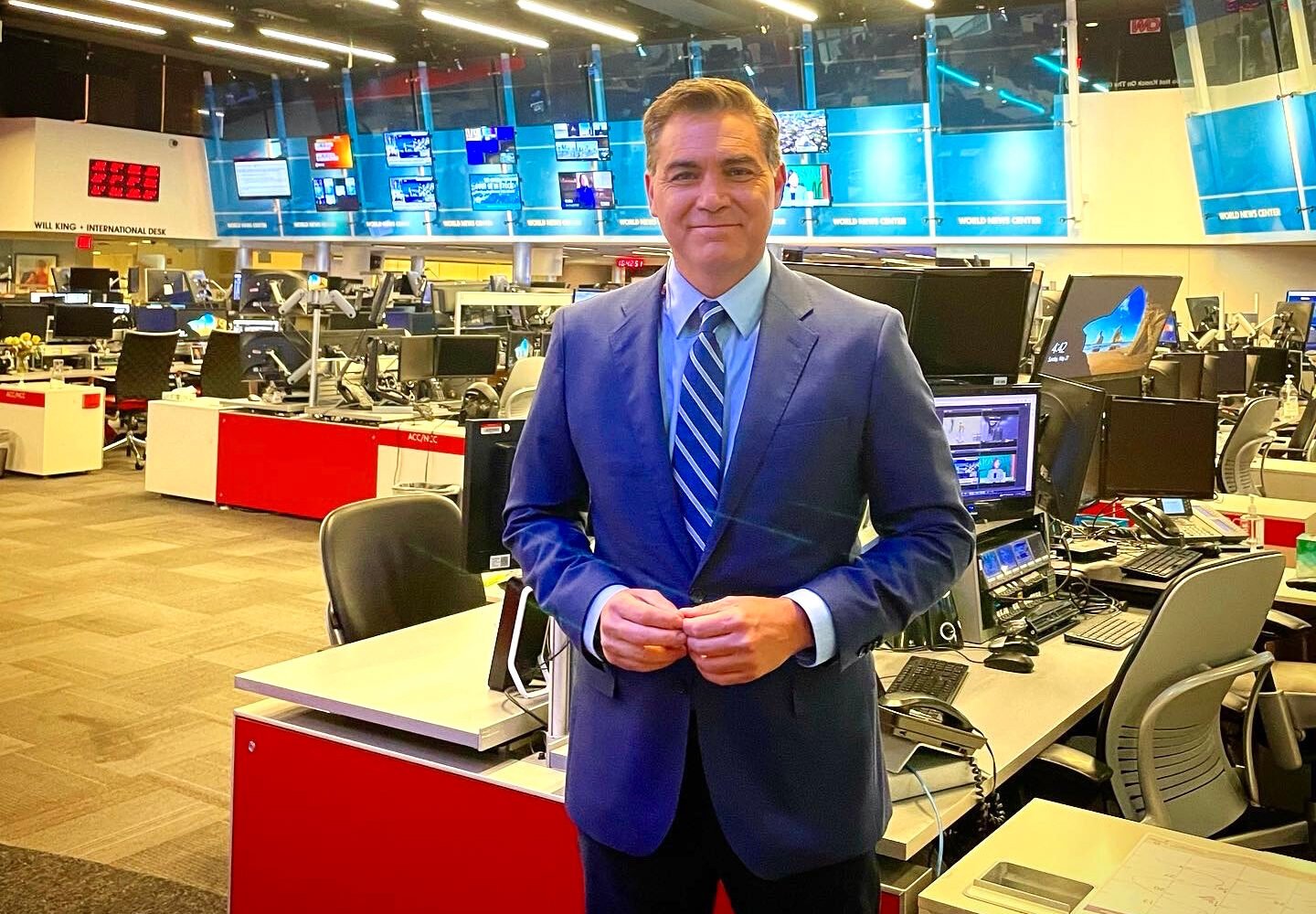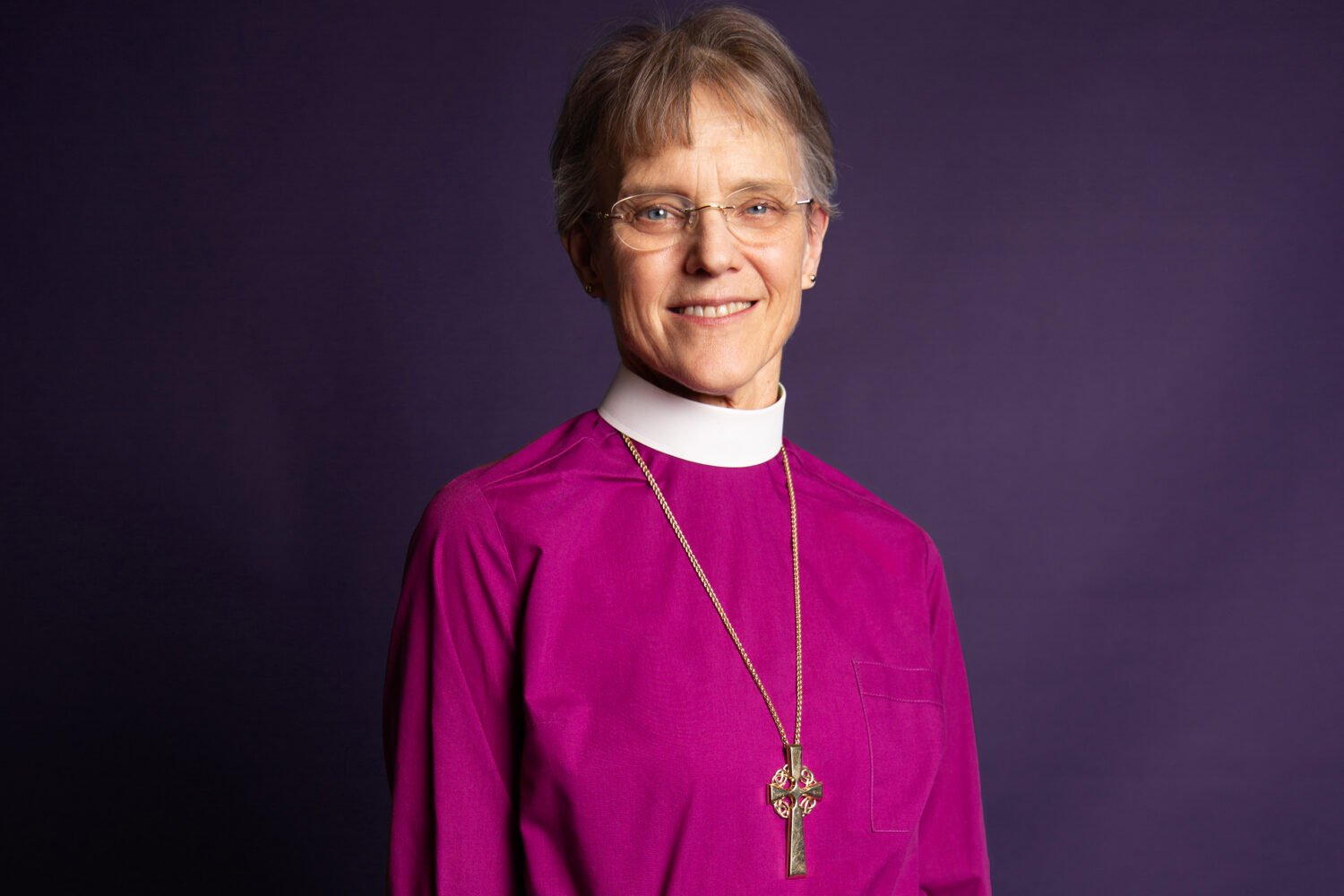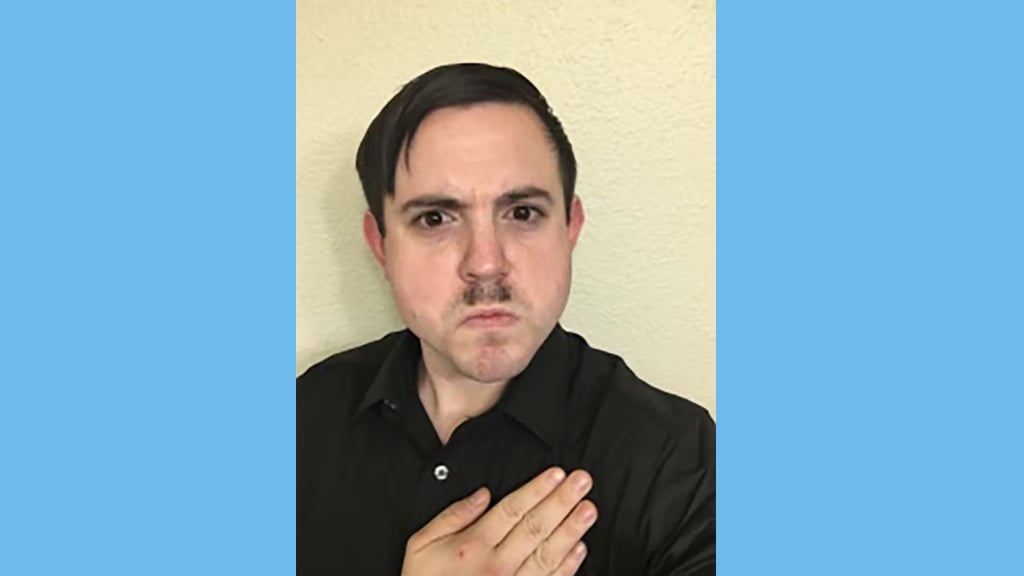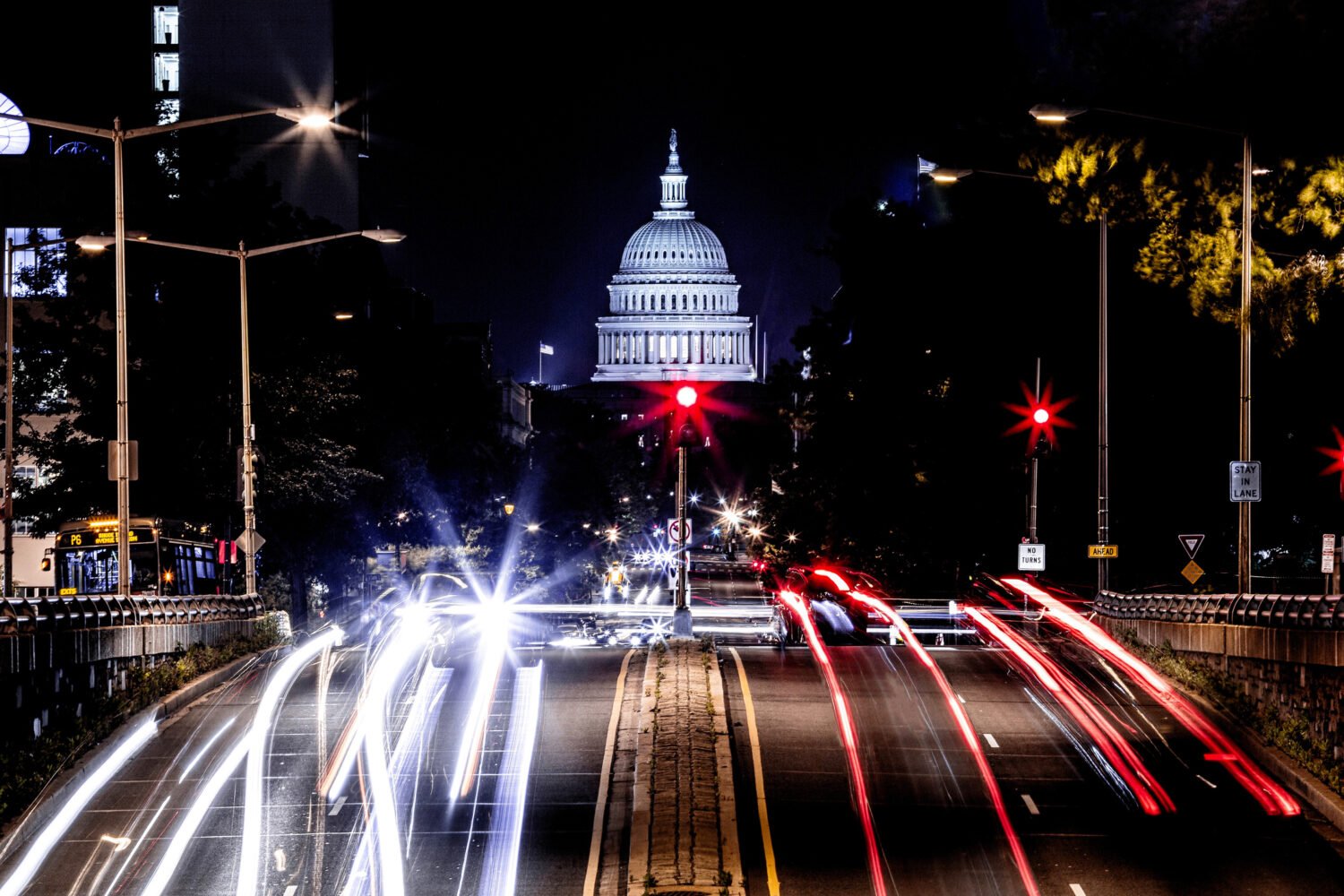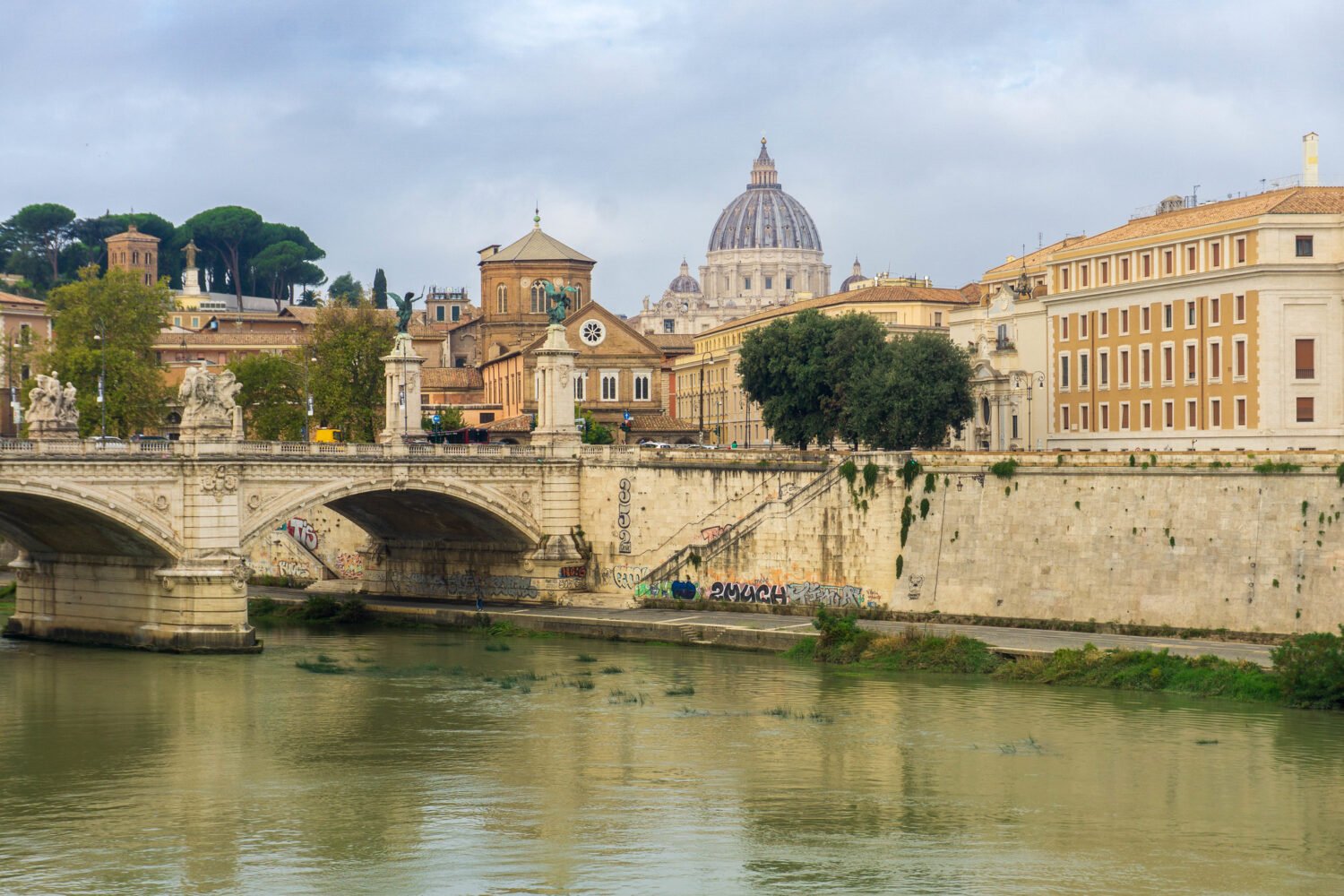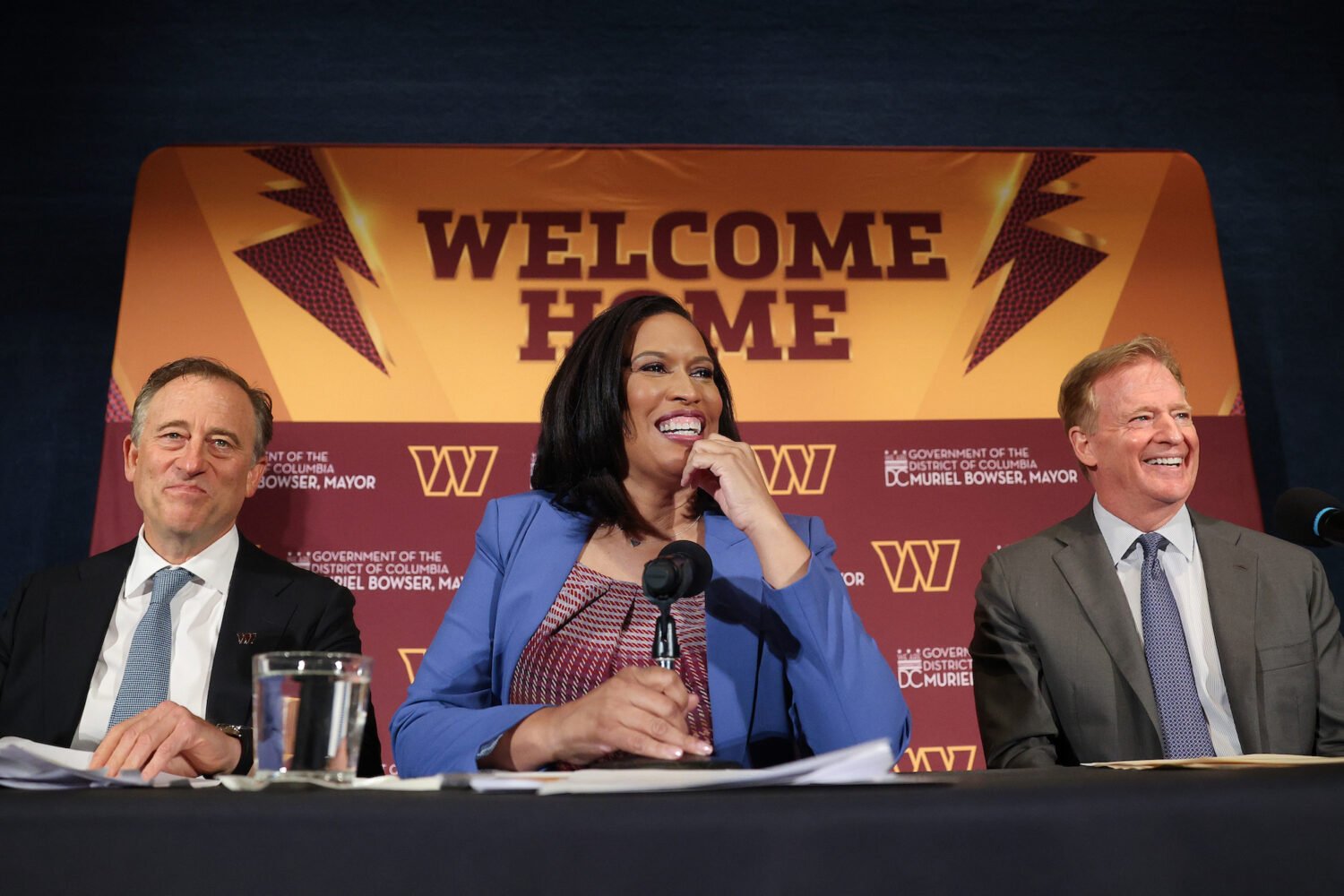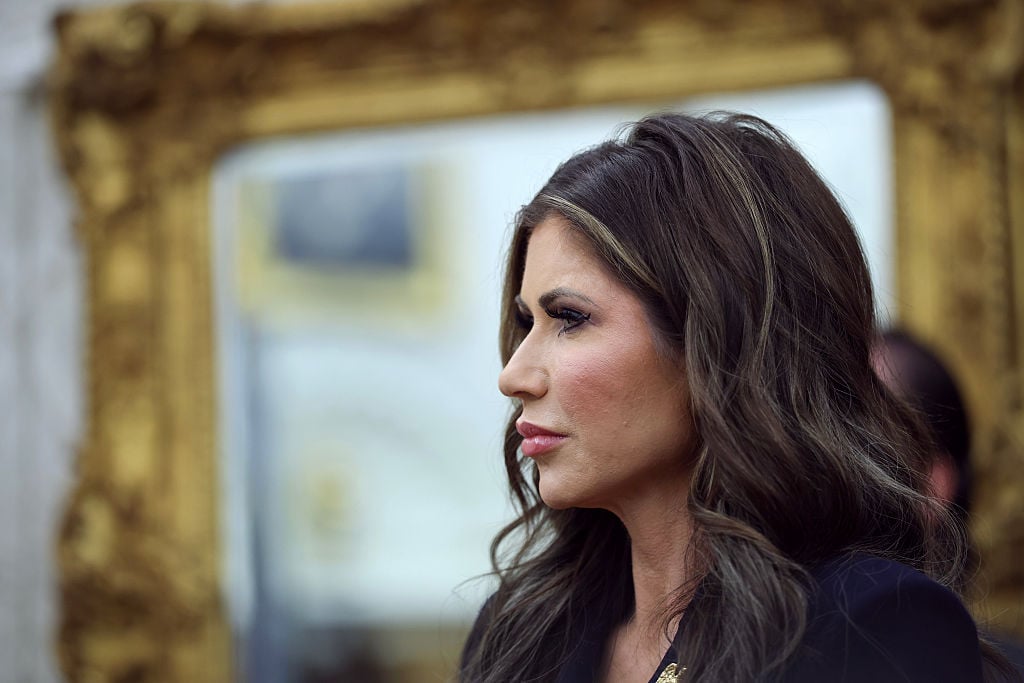For the last 15 years or so, the path to becoming governor of Virginia followed a relatively clear path: Emphasize your ability to get things done without freaking out either the liberal northern part of the state or the conservative areas that dominate much of the rest.
Also, when possible, run in a year after the other party wins the White House.
So for Ralph Northam, this year’s Democratic primary should have been a speed bump on his way to the governor’s mansion. The 57-year-old pediatric neurosurgeon-turned-politician has spent the last decade in Richmond, first as a state senator, then as Governor Terry McAuliffe’s No. 2.
Then Tom Perriello entered the race. Five months later, Northam’s cakewalk is a dead heat.
The easy takeaway is that this Democratic primary has become a rematch of the party’s 2016 presidential primary, with a populist upstart horning in on the establishment’s heir apparent. In this telling, Perriello, a progressive, Yale-trained lawyer from Charlottesville who was elected to Congress in 2008, voted for Obamacare, and got bounced after a single term for it, is is Bernie Sanders. Northam, who locked down the state party’s entire leadership early, is Hillary Clinton. Perriello has had to look outside Virginia for air support—one of his first big endorsements was none other than Sanders, followed by Elizabeth Warren. (Perhaps unsurprisingly for a 42-year-old guy from Charlottesville, he’s received $20,000 from Dave Matthews. He’s also received $500,000 from George Soros.)
But Clinton-Sanders II not quite the right way to frame this race, says Geoffrey Skelley of the University of Virginia’s Center for Politics. The contest has tightened, he says, not because of a lingering squabble in the Democratic base but because Perriello has made it about who can be the stronger antagonist to President Trump. “Perriello came roaring out of the gate,” Skelley says. “Northam had said some things about Trump, but Perriello’s campaign has set the direction of the race in many respects.”
In other words, while Northam is running as the next man up in Virginia’s system that limits governors to a single term, Perriello cites Trump explicitly in making his case. “The only question was of all the things I can do to stop what Trump represents and protect what Virginia represents as my home state,” he told Washingtonian a few weeks after declaring his candidacy.
Perriello’s campaign produced what might be the primary race’s most memorable image: after the House passed its Obamacare replacement, Perriello released a one-take ad in which he again defended his 2010 vote, only this time with a backdrop of an ambulance being squeezed in a car crusher.
https://www.youtube.com/watch?v=kad9lGbc_xI
The message has worked: Perriello is now in a statistical tie with likely Democratic primary voters as Virginians’ antipathy toward the President has grown. A May 18 Washington Post poll found that only 36 percent of the commonwealth’s residents approved of Trump. So instead of waiting for the general election to use the White House to rail against the GOP nominee—expected to be former Republican National Committee Chairman Ed Gillespie—Northam has had no choice but to follow Perriello into a knock-down, not terribly Virginian slugfest over who can be the strongest leader of the #Resistance.
Now, Northam is taking hard swings at Trump, too. One recent ad features his campaign’s usual mix of soft music and footage of his pediatric practice while he talks policy—in this case, gun control. But near the end of the spot, he says in his soft Eastern Shore drawl that he thinks Trump is a “narcissistic maniac.”
Constantly swiping at Trump might be an obvious strategy in the DC suburbs, the bluest part of a state that’s voted Democratic in three straight presidential elections and which would be hit hard if the White House’s proposed budget is adopted. But when the candidates have gone searching for votes in other parts of the state, their conversation has gotten much wonkier.
Rick Boucher is a Democrat who represented southwestern Virginia in Congress for 28 years and was, like Perriello, bounced out in 2010. But he’s with Northam. “I hear [Northam] talking about state issues exclusively,” he says. “The high cost of college tuition, job development, the opioid crisis. I’m still trying to figure out what Tom’s path is.”
Early last month, I traveled to Perriello and Northam’s debate in Roanoke, which on one of those 2016 heat maps shows up as a tiny blue speck among the otherwise beet-red Appalachian ridge. The campaigns were able to pack the 200-seat auditorium at Western Virginia Community College on a rainy night, though the room tilted a bit more Perriello’s way. It was May 4, and a just a few hours earlier the House had approved its Obamacare repeal, making it the night’s dominant topic. The two candidates are just about identical in their support of the 2010 healthcare law, not causing any surprise in a room full of Democrats.
But Northam lost a bit of the room when the debate turned to pair of natural-gas pipelines planned to run through southwestern Virginia, one of which would be built by Dominion, the state’s primary energy utility and a major donor to the lieutenant governor’s campaign. Perriello was unambiguous: he’s against them, fossil-fuel development, and Dominion’s monopoly throughout the state. Northam, pressed to give a yes-or-no answer, meandered about his letter to the Department of Environmental Quality and the fact that as interstate projects, the pipelines will ultimately be subject to federal approval. The Perriello supporters sitting behind me groaned.
Even if Northam’s answer was more realistic than Perriello’s abject opposition to the pipelines, primary voters who are also involved with environmental groups may be more aligned with the former congressman. “I will say one thing worth noting about the pipeline issue, Perriello is going to win those voters,” Skelley says.
That is, if they all show up on Tuesday. Skelley says as many as 400,000 people could vote in the Democratic primary, a high figure that could play to Perriello’s benefit. But privately, Northam’s campaign team has told me they expect the electorate to be similar to 2009, when about 320,000 voted.
Wherever the overall turnout ends up, it will, like most every other statewide race, hinge on Northern Virginia, which could account for as much as 40 percent. And when Perriello’s been in the DC suburbs, his stump speeches can sound more like a continuation of last year’s national Democratic rhetoric, combining Trump-bashing and appeals to economic inequality and racial justice. He often mentions the January 21 Women’s March as a galvanizing. “I want to talk a little bit about Donald Trump,” he said at the start of a recent town hall in Alexandria, eliciting a mix of chuckles and sighs.
Yet appeals to liberals’ raw, post-2016 emotions may not be enough in a state full of high-information voters who often go for governors who say they’ll make Richmond run smoothly. Northam was in attendance at the Women’s March, too. Perriello scrapped with the white nationalist (and Alexandria resident) Richard Spencer after he led a rally in Charlottesville to defend of a statue of Robert E. Lee that the city plans to remove, but Northam condemned the gathering as well.
The question is whether being louder on issues that animate Blue Virginia can turn into success on primary day.
“You see Perriello talking much more about broader progressive issues that are less Virginia specific,” says Alexandria Vice-Mayor Justin Wilson, another Northam endorser. “The larger economic justice issues are very much a continuation of the progressive message, but it’s a message you could apply in almost any state in the country. You see Northam talking about some of these same issues, but he’s also talking about transportation in very specific ways.”
Still, Wilson says there’s an opening for Perriello’s pitch: “I’m angry. We’re all angry with what we’re seeing at the national level right now,” he says. But, he still thinks the old conventional wisdom about off-year elections will take over and Trump will be “more a November question than a June question.”
Maybe the third way lies in another Democratic establishment figure: Barack Obama. Since he can’t break Northam’s lock on the state establishment—bolstered this week with the Post‘s endorsement—Perriello bangs on his connection to the former President. Most of his ads, including a new one narrated by Warren, feature a clip of Obama stumping with Perriello in 2010, the only time that year Obama campaigned on behalf of an individual House candidate. His big endorsement rollouts have tended to feature Obama Administration heavy-hitters like David Plouffe and Valerie Jarrett. Northam will have McAuliffe, Warner, and Kaine campaigning with him this weekend; last weekend, Perriello knocked on doors in Arlington with Jon Lovett, a former Obama speechwriter who now co-hosts Pod Save America, the popular podcast that’s been a kind of audio catharsis for despondent liberals.
“That’s the key: the Obama nostalgia,” Skelley says. “It’s clear why. Barack Obama is still very popular among Democrats, perhaps even more so after Hillary Clinton lost.”
Local elected officials like Wilson thinks voters for a state office will still prioritize knowledge of state issues.
“I think it is the state experience. Being able to work down in Richmond is important,” he says. However, he adds, “Donald Trump is the most unifying figure in the Democratic Party.”

